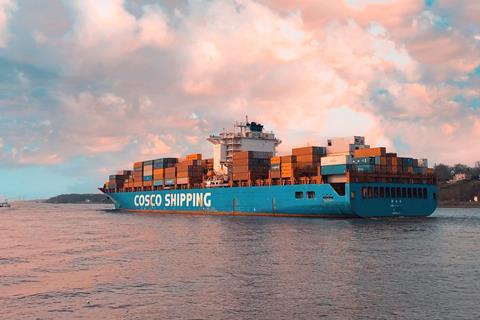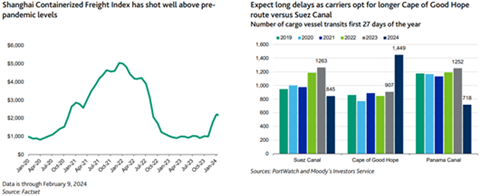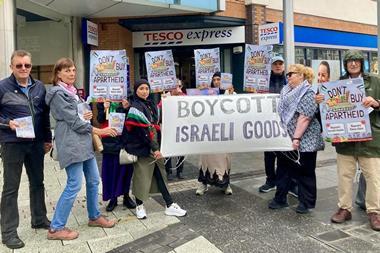
Concerns are mounting over shortages across the industry as the Red Sea conflict causes significant delays of goods coming from Asia.
British retailers relying on maritime Asian imports “face the most immediate pressure”, said Rabobank.
Some are already seeing the impact of the conflict on an array of food and agricultural commodities, as well as apparel, it reported.
This week, reports emerged of potential black tea shortages after Sainsbury’s admitted to industry-wide availability issues.
The Institute of Export & International Trade also highlighted problems with rice coming from India, garments from Bangladesh and other countries in south east Asia, machinery from Japan, and wine, lamb and beef from Australia and New Zealand.
European farmers too could struggle to get hold of major Indian exports like fertiliser, chemicals and grains, experts have said, as they are brought over through the Suez Canal route, which has been under attack from Yemeni rebels since last December.
Read more: How will Red Sea attacks affect UK fmcg?
Most of the disruption across agriculture trade “has impacted the supply of animal feed, although only specific commodity products in niche sectors such as organic soya from China, which is shipped via the Suez route,” said Edward Barker, Agricultural Industries Confederation head of policy & external affairs.
“AIC worked with the government to secure derogations on a mill-by-mill basis for feed businesses affected by the short-term lack of availability of organically certified soya, which allows them to use non-GM soy instead”, he added.
While the supply chain had “so far mitigated the challenges to supply of goods and shipping” linked to the Red Sea attacks, Barker said, industry “should not be complacent” amid warnings the situation might carry on for longer than originally predicted.
Mintec grains analyst Zanna Aleksahhina warned “market sentiment suggests that the situation in the Red Sea may have more prolonged ramifications than initially anticipated”.

Read more: Red sea shipping attacks will lead to ‘inevitable’ food inflation
Shipping giant Maersk said on Wednesday the Red Sea vessel diversions around the Cape of Good Hope – which have added weeks to delivery journeys and pushed shipping prices by more than 100% since December – could extend into the second half of 2024.
The supply chain should prepare for continued delays further into the year as a result of the diversions, Maersk said.
The UK’s International Chamber of Commerce secretary general Chris Southworth added: “Today, conflict in the Red Sea is a blockage in the main artery of world trade – and the longer it continues, the more damage will be done.
“The knock-on effects are potentially devastating. Tea shortages should be the very least of our worries.”
Retailers could face a “material impact on profitability” starting at the end of 2024, Rabobank analysts warned, adding “the longer this shipping crisis persists, the greater the potential earnings hit that retailers importing from Asia will face”.
A Defra spokesperson said: “The UK has a highly resilient food supply chain that is well equipped to deal with any potential disruption. Our high degree of food security is built on supply from diverse sources including strong domestic production and imports through stable trade routes.
“We closely monitor emerging risks around global supply chains and do not anticipate any food shortages as a result of disruption to Red Sea shipping routes.”



















No comments yet